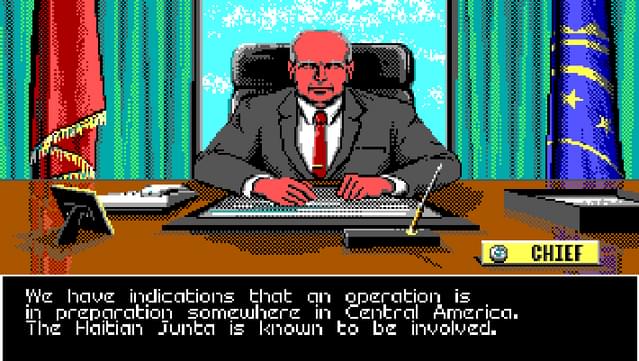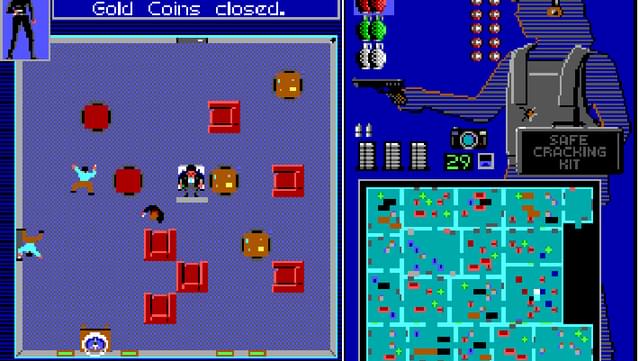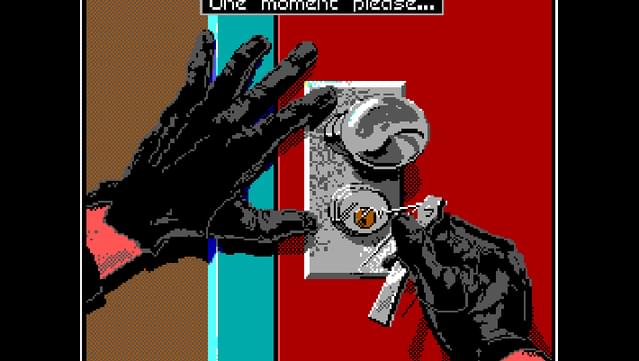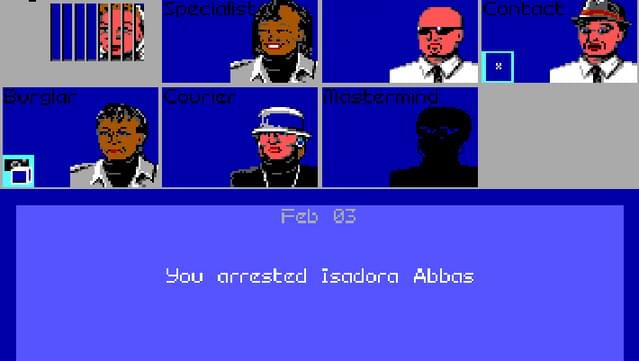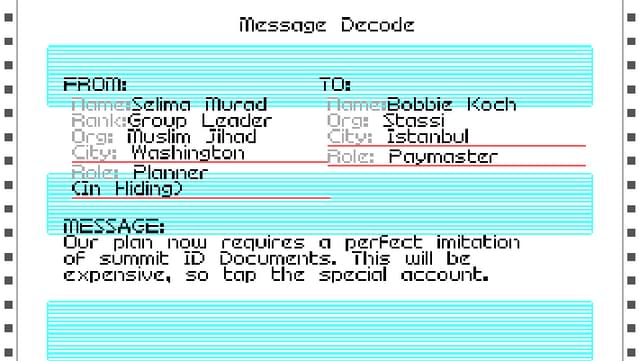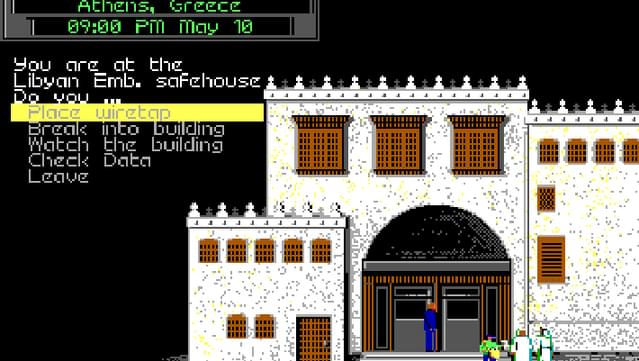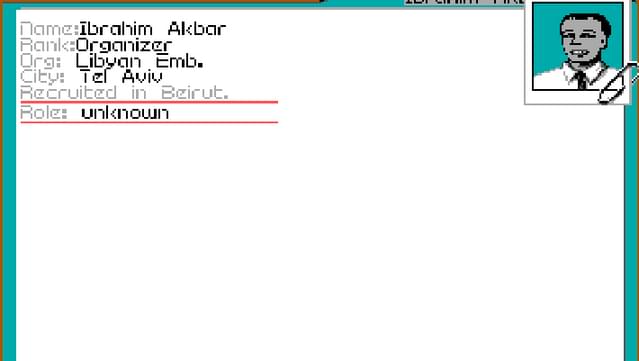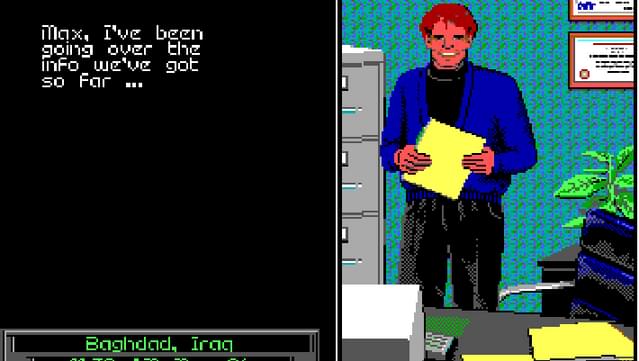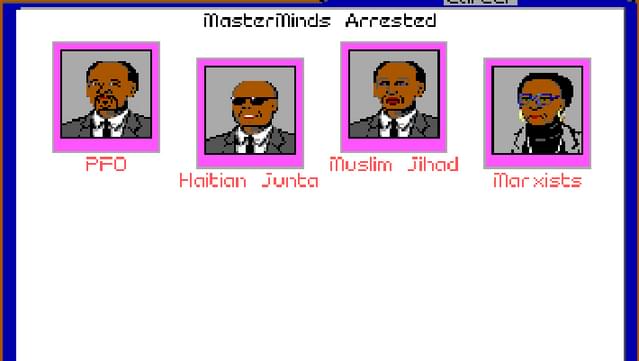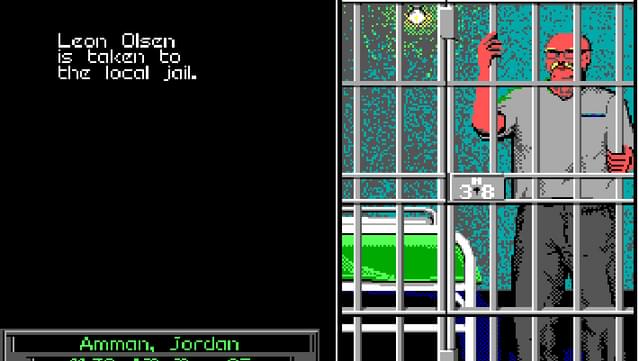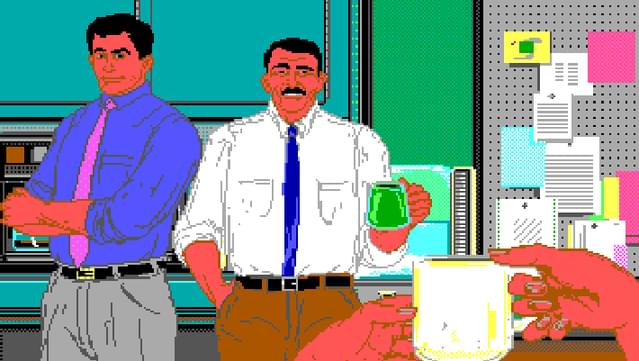Posted on: February 25, 2014

aspower
游戏: 270 评论: 1
Glad to see this one again!
What a great game this was back in the day, and now it has returned. The game was simply ahead of its time, w/ the main limitation being graphics and sound. This was a perfect mashup of puzzles, twitch skills, and stealth action. The fact that you could overcome some of the tougher puzzles by doing a risky breaking and entering job was top notch. I particularly liked the spycraft era this was set in with all of the subversive organizations included in the mix. The game also had long legs, as missions were randomly generated using different motives, locales, operatives and those criminal organizations. You never knew whether you'd be stopping a plot involving the KGB, Red Battalion, or the Junta. The mini games was what this game was all about. I got really good at Cryptographs after playing the decoding mini game. You also had to connect circuits for wiretaps, bypassing alarms, etc. The B & E's were the highlight. I always tried a non-violent approach, knocking out guards rather than going on a shooting spree. The controls are all keyboard and not real easy to remember but work well. Of course, mission outcome and score was always the TM of these games. Solving the sinister plot resulted in a Bond-esque screenshot featuring women (or men for "Maxine") that ranged from your agent doing laundry at the laundromat with an optically challenged lady, to handing out roses to a trio of VGA knockouts! I'm glad to see Max back in action in the age of digital distribution.
这对您有帮助吗?


